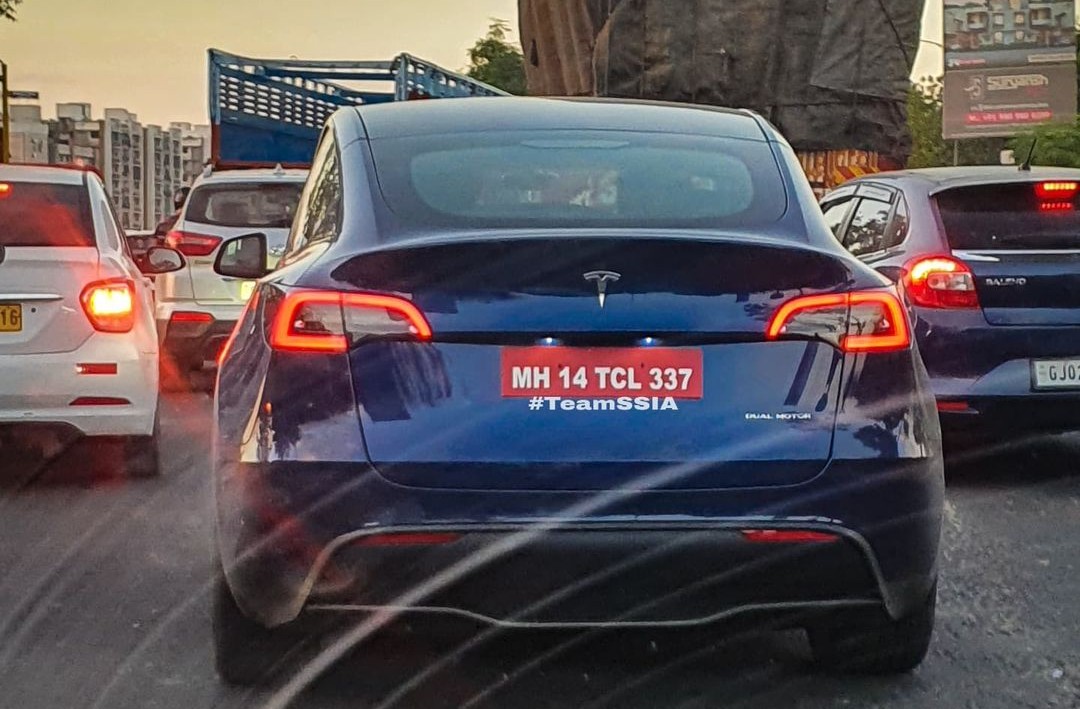- Major automakers have largely shunned India when it comes to investing in electric vehicle (EV) assembly plants and battery gigafactories.
- However, some leading industry players, including Tesla, Byd, Fisker Motors, Nissan, and Renault, have shown interest in manufacturing EVs and batteries in India.
- India has become the world's third-largest auto market and surpassed China as the most populous nation.
- The Indian government recently blocked Byd's proposal, potentially due to geopolitical tensions between India and China.
- Tesla CEO Elon Musk has expressed optimism about India's EV potential, stating that it has "more promise than any large country in the world."
- China currently dominates the electric vehicle, battery, and critical metals industries.
- However, other countries, such as Australia, India, and the US, have started pushing back against Chinese investment in these industries.
- There is suspicion and concern about Chinese EV companies in countries like France, which is calling for an investigation into unfair subsidies by the Chinese government.
- This could potentially lead to new tariffs on Chinese EV imports to the EU.
- China's recent actions, such as threatening to curb exports of important materials and banning coal imports from Australia, have further fueled concerns about dependence on China.
Former US President Donald Trump has criticized India's high tax rates, specifically targeting the tariffs on American products like Harley-Davidson motorcycles, and has threatened to impose reciprocal taxes if he is reelected in the 2024 presidential elections.
India has seen an increase in its tariffs and trade policy measures in recent years, reversing the trend towards liberalization and increasing trade restrictions, which is a global phenomenon as many countries are adopting industrial policies to promote domestic production and exports; however, the effectiveness of these policies and their impact on economic growth and job creation remain to be seen.
India is seeing a significant rise in the adoption of electric vehicles, particularly two- and three-wheelers, driven by a $1.3 billion federal plan, rising fuel costs, and awareness of the long-term cost benefits, as well as efforts to reduce emissions and improve air quality.
India's road transport minister has warned automakers to reduce production of polluting diesel vehicles or face higher taxes and levies, raising concerns in the country's car market, which is the third-largest in the world; petrol vehicles have been the top sellers in recent years, while diesel carmakers have seen a decline in market share, although diesel variants remain popular in the luxury segment.
India will reduce the limit on wheat stocks held by traders and millers, but has no plans to abolish import duty on the grain due to sufficient local supplies.
The Indian government is planning to rationalize tariffs on components used for making electronics goods to boost local production and increase competitiveness for exports.
Tesla is considering building a battery factory in India to expand its presence in the country's fast-growing economy.

